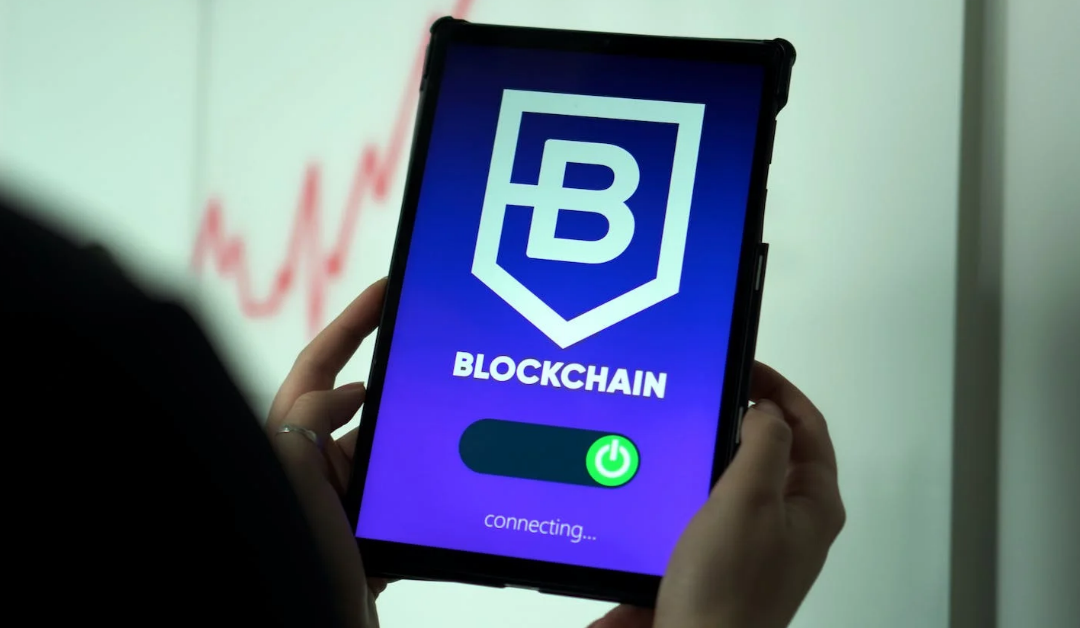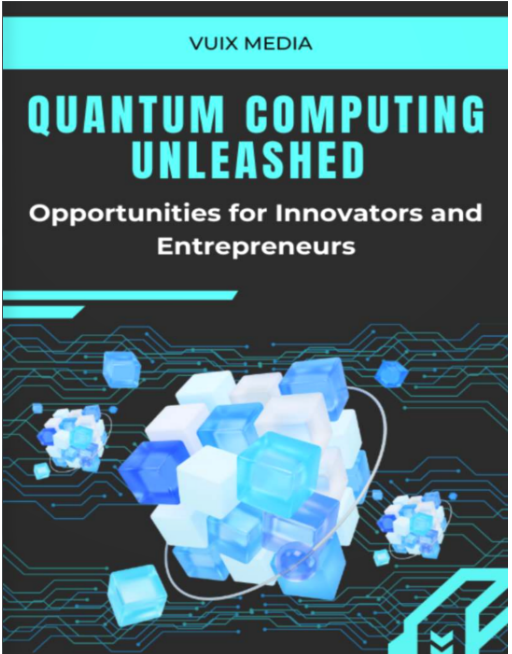If you have read any technology-related news in the last three years or so you have probably come across news on blockchain technology. It has become so popular, it is now a buzzword. Did you stop to ask or research what exactly this blockchain is and how it works? I am reminded of a conversation I had with a friend not so long ago. I explained what blockchain is in my nuanced understanding and he jumped in to ask if blockchain is bitcoin. Not quite, let me explain.
What blockchain is, exactly?
Simply put, blockchain is a shared, immutable digital ledger that facilitates the process of recording transactions and tracking assets in a business network. An asset can either be tangible or intangible. Popular assets you can think of that can be tracked by the blockchain ledger include a house, car, cash, land, works of art, intellectual property, patents, copyrights, and branding amongst many others. It suffices to say really anything of value can be tracked and traded on a blockchain network, reducing the risk and helping in cutting costs. However, perhaps the most important facet of blockchain is that it is immutable meaning it is unchanging over time or no single entity has the power to change it.
It is important to understand the concept of immutability in blockchain concerning this particular article but I will try and spare you the technical mumbo jumbo behind all of this immutability. In simpler terms, a blockchain ledger is essentially a database. The contents in this database are either all related or linked together in some way. Every record in the database or set of records represents a block of data. Every block links to the previous block by including a cryptographic hash, gibberish at most, but what is usually contained in a hash is the transaction timestamp and metadata. No individual block exists in isolation, every block connects to form a growing chain of blocks. Now you have it, blockchain – to create secure and immutable records. A record cannot change without altering the cryptographic hash, as well as all hashes in subsequent blocks. This is a highly secure system that quells corruption like no other record management has done before.
African elections have been known to be marred with election rigging and this is one technology that can break that problem.
So how exactly does it work?
Blockchain is associated most often with cryptocurrency transactions, mainly Bitcoin and Ethereum. This explains why most people attribute blockchain to bitcoin and why my friend wondered if bitcoin and blockchain were the same things. Bitcoin is one of the most successful cryptocurrencies built on the blockchain network. However, as with any database format, blockchain too can be applied in numerous applications in myriad industries, not only finance.
Where is it being used right now?
A range of industry verticals uses blockchain technology to achieve tasks of varying degrees and complexity. The most popular fields and industries leading in the adoption of blockchain include finance as already been mentioned, the government which is what we are talking about right now, supply chain, healthcare, and of course the technology industry.
Concerning government use cases, it is worth noting that governments have tried to implement blockchain, with mixed outcomes. Finding the right use cases, however, can help agencies realize the technology’s full potential.
It is in many governments’ interests to see the use of blockchain flourish. The technology has tremendous potential to help agencies and varying governmental departments and ministries make improvements in many areas of their operations, including in the acceleration of transactions, such as a land-use registry.
In Africa, some notable strides have been made towards investing in the power of blockchain and embedding it within governmental operations. The reasons for not moving as quick or tiptoeing at best vary, some are downright stupid, some are conspiratorial and I’ll spare you the time and energy to go through them, though most are purely political. The one notable blockchain application that has gained huge traction in Africa is cryptocurrency. As of this writing, eight African countries are developing or have developed their blockchain-based cryptocurrencies. The catch here is, these are government-controlled cryptocurrencies. At least it is better than nothing. After all, which government would be open to a digital currency they did not control?
How can blockchain hold the integrity of an election?
The world over, let alone in Africa there have been debates regarding the lack of transparency and trust in the modern voting system. The advancement of technology has also caused these debates as well. General elections have many issues such as lack of transparency, hacking of political party’s emails, the auditability of votes, accessibility and the general security of votes. Africa lives with all these problems. An election is supposed to form the basis of a democratic nation. Thus, electoral corruption is a huge problem. Not only does this thrash the trust of people in the system but also creates an environment of mistrust among the people. I am writing this article from Zimbabwe and I would gladly confirm this is exactly how it is on the ground, the majority of people no longer trust the electoral system and as a result, a lot of youths do not see the need of registering to vote in the first place.
Thus, the adoption of blockchain will create a system which can help quicken the pace of work without hampering the efficiency of the system and enhancing transparency. The adoption of blockchain in ensuring the integrity of elections is not an entirely novel one. There are countries already using, testing or toying with the idea of using blockchain technology for their elections.
In March 2019, Sierra Leone, an African country became the first nation in the world to conduct a Blockchain-based voting system. They achieved this using a system developed by a US-based company, Agora, a globally-focused technology company that enables verifiable and transparent elections through a revolutionary blockchain e-voting system. Sierra Leone’s wish was to create an environment of trust, transparency and tranquillity with the voters in a contentious election. The use of blockchain as a means to record ballots and results immutably, the country created legitimacy in the election and reduced fall-out from opposition parties.
Russia, in June 2019 also got to experiment with blockchain technology in carrying out an election. The project was carried out by partnering with the Moscow City Election Commission and the Moscow Department of Information Technology (DIT). They provided the required support for the testing of the project.
Regardless of how optimistic and pessimistic we can be as individuals, the one thing we can all agree on regarding the future is that technology is here to stay and it will only get better. Suppose by even a minuscule chance we believe most countries will use some form of digital voting 30 to 50 years from now. In that case, blockchain is the only technology that has been created and can be trusted to provide an end-to-end verifiable, auditable and fully transparent voting solution for the future.



Should be one of those jargon I never cated about until now that I understand it. Well put sir.